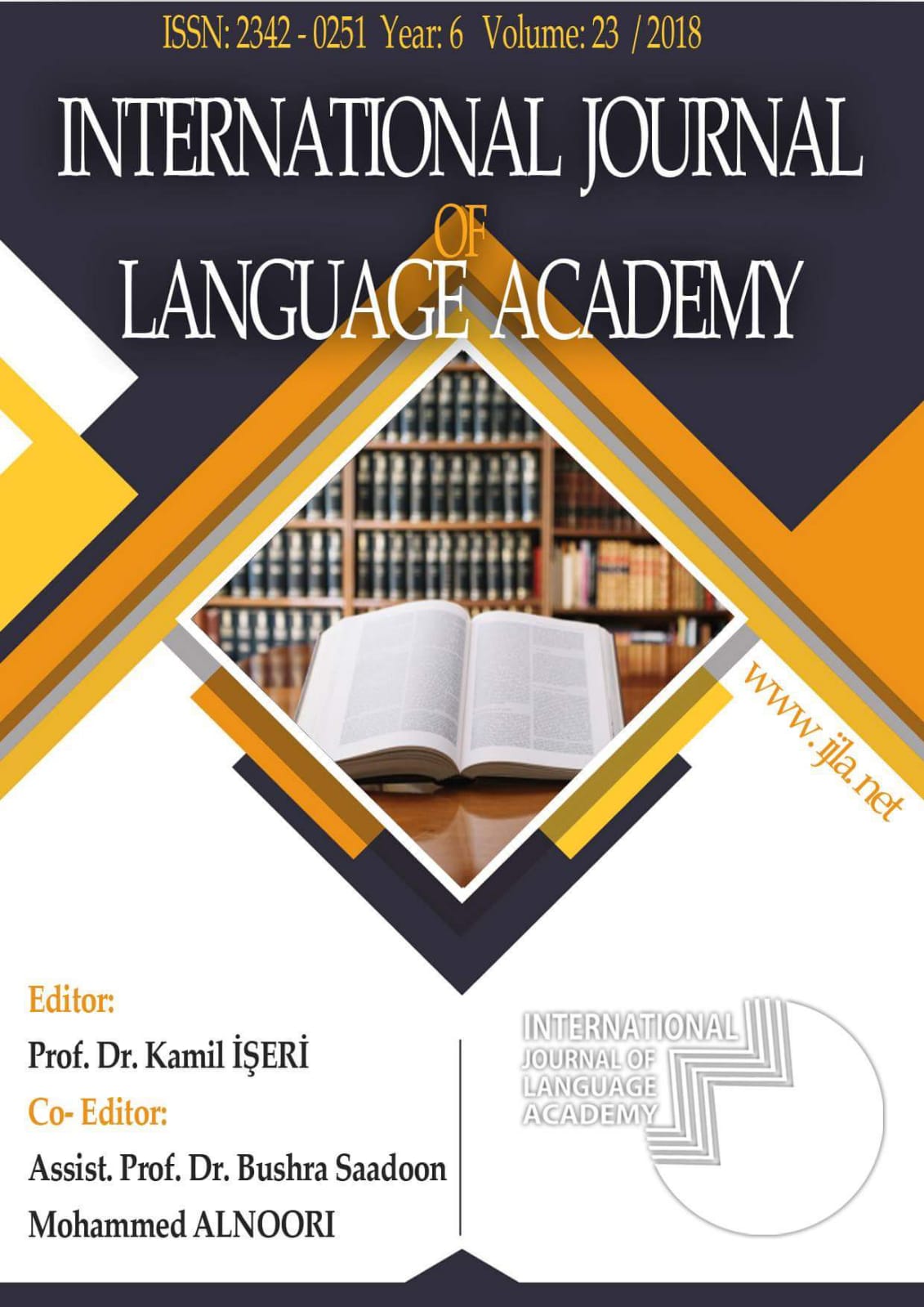MARGARET ATWOOD`UN MADDADDAM VE THE YEAR OF THE FLOOD ADLI ROMANLARINDA POSTMODERN EKOELEŞTİRİ KRİTİĞİ
Author :
Abstract
Margaret Atwood’s novels The Year of the Flood (2009) and MaddAddam (2013), the second and third books of her trilogy, can be considered two important representatives of eco-fiction with their emphasis on ecological concerns and principles. Ecocriticism has been looking for an appropriate theoretical basis on which ecocritical studies can flourish. Postmodernism is regarded as one of the most suitable theories which can be integrated into ecocriticism. However, it is useful and essential to make a distinction between postmodernism which refers to a set of aesthetic principles and postmodernity which refers to socio-historical and cultural conditions and dynamics. Margaret Atwood offers a critique of postmodern culture which can be characterized by late capitalism, globalization, consumerism, commodification, and the simulation/simulacrum culture as stated by Jean-François Lyotard, Fredric Jameson and Jean Baudrillard. This paper intends to discuss the disparity and incompatibility between postmodernity and ecocriticism since postmodern conditions are at odds with ecoethics and ecophilosophy with references to The Year of the Flood and MaddAddam. The postmodern way of living is quite away from fostering ecological consciousness and offering solutions to the ecological crises in the postmodern age. On the contrary, postmodern culture aggravates the environmental and ecological problems by promoting excessive consumption, growth, reification and violence.
Keywords
Abstract
Margaret Atwood’s novels The Year of the Flood (2009) and MaddAddam (2013), the second and third books of her trilogy, can be considered two important representatives of eco-fiction with their emphasis on ecological concerns and principles. Ecocriticism has been looking for an appropriate theoretical basis on which ecocritical studies can flourish. Postmodernism is regarded as one of the most suitable theories which can be integrated into ecocriticism. However, it is useful and essential to make a distinction between postmodernism which refers to a set of aesthetic principles and postmodernity which refers to socio-historical and cultural conditions and dynamics. Margaret Atwood offers a critique of postmodern culture which can be characterized by late capitalism, globalization, consumerism, commodification, and the simulation/simulacrum culture as stated by Jean-François Lyotard, Fredric Jameson and Jean Baudrillard. This paper intends to discuss the disparity and incompatibility between postmodernity and ecocriticism since postmodern conditions are at odds with ecoethics and ecophilosophy with references to The Year of the Flood and MaddAddam. The postmodern way of living is quite away from fostering ecological consciousness and offering solutions to the ecological crises in the postmodern age. On the contrary, postmodern culture aggravates the environmental and ecological problems by promoting excessive consumption, growth, reification and violence.





